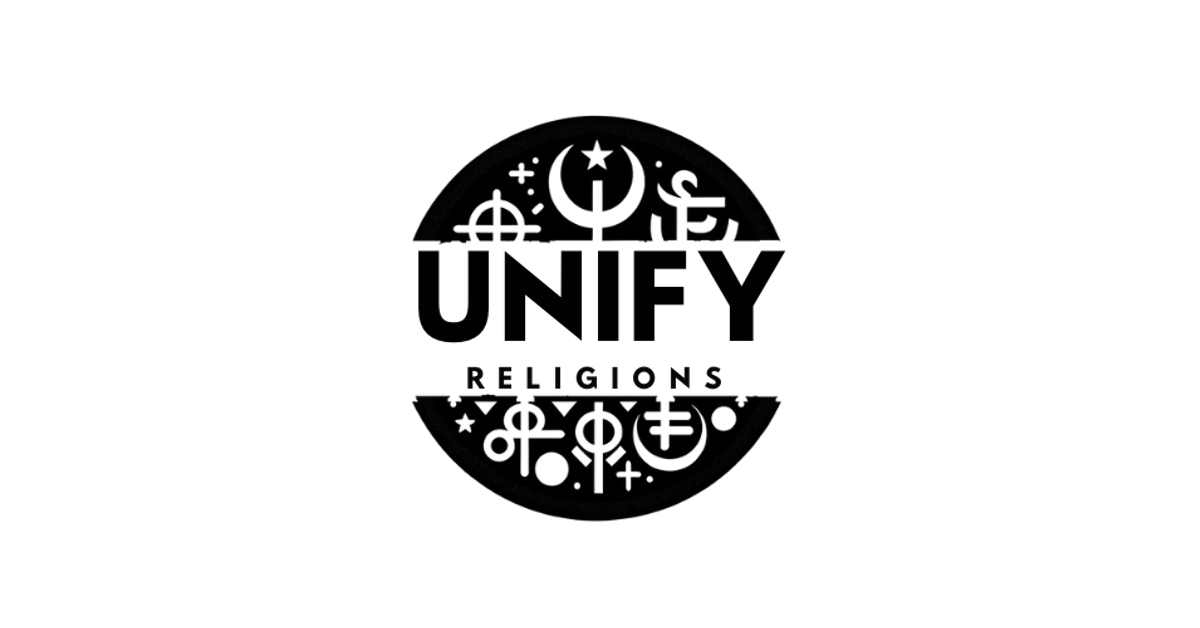The Bahá’í Faith, a relatively contemporary religion emerging from the tumultuous spiritual landscape of the 19th century, posits a profound doctrine centered on the unification of humanity through an inclusive understanding of religion. At its core, the Bahá’í teachings assert that all major world religions share a divine origin and purpose, thus advocating for a collective synthesis of beliefs rather than a mere coexistence. In examining how religions should unify, it is essential to explore key Bahá’í principles such as the oneness of God, the unity of humanity, the importance of justice, and the role of education, alongside practical approaches to fostering interfaith dialogue and collaboration.
1. Understanding the Oneness of God
The Bahá’í faith is underscored by the belief in the oneness of God, a concept that transcends religious divisions. This idea posits that despite the diverse manifestations of God throughout history—exemplified in figures such as Moses, Jesus, Muhammad, and Bahá’u’lláh—there exists a singular divine essence. By recognizing this fundamental unity, adherents are encouraged to view religious teachings as part of an overarching continuum rather than as isolated phenomena. This perspective invites adherents to establish a framework for inter-religious understanding that emphasizes shared values over doctrinal discrepancies.
2. The Unity of Humanity
Central to Bahá’í teachings is the concept of the unity of humanity, which asserts that all people, irrespective of race, nationality, or creed, are essentially one. The ramifications of this principle challenge the validity of sectarianism and advocate for inclusivity. By fostering a sense of collective identity rooted in shared human dignity, Bahá’ís are called to cultivate respect and appreciation for diversity. This principle translates into the imperative for interfaith initiatives that promote collaboration, thereby reducing the barriers erected by historical animosities between different religious communities.
3. Justice as a Cornerstone
Justice occupies a pivotal role in Bahá’í theology, serving as both a guiding principle and a necessary condition for the unification of religions. This justice is not merely about equitable treatment but extends to the recognition of spiritual and moral truths that transcend cultural and religious boundaries. In the quest for unification, it is crucial to confront injustices and advocate for social equity in interfaith dialogue. The establishment of a just society, free from prejudice and discrimination, provides a propitious environment for mutual understanding and cooperation among diverse faiths.
4. The Role of Education
Education, particularly religious education, is transformative in its capacity to facilitate unity among diverse religious adherents. The Bahá’í teachings underscore the importance of a holistic education that encompasses moral and spiritual dimensions. By fostering critical thinking and ethical reasoning, education can empower individuals to appreciate the complexities of other religions. Moreover, educational institutions can serve as platforms for interfaith engagement, allowing individuals from various backgrounds to dialogue freely, share experiences, and dispel misconceptions about one another.
5. Practical Approaches to Interfaith Dialogue
In addressing the practical aspects of unifying religions, facilitating interfaith dialogue becomes paramount. Establishing forums for open conversation encourages a spirit of inquiry and understanding. These forums can take many forms, including symposia, workshops, and community service projects. The essence of these interactions lies in creating an atmosphere where individuals feel valued and respected as they share their beliefs and practices. It is essential to cultivate safe spaces for dialogue that prioritize empathy and patience, bridging the divides that often result from ignorance and fear.
6. Collaborative Social Action
Collaboration on social issues offers a tangible manifestation of religious unity. By joining forces to address global challenges such as poverty, climate change, and human rights, different faith communities can work together toward common goals. This collaboration not only demonstrates the practical benefits of unity but also reinforces the notion that, regardless of belief systems, humanity shares mutual concerns that necessitate collective action. Such partnerships pave the way for strengthening relationships and fostering solidarity among diverse groups.
7. The Significance of Symbolism and Rituals
Symbolism and rituals in the Bahá’í faith play an instrumental role in fostering unity among adherents of varied spiritual backgrounds. While preserving unique cultural traditions, Bahá’ís emphasize symbols that portray shared values and ideals, creating a communal atmosphere that is inclusive. Interfaith celebrations and shared rituals, such as prayers or reflection days, can facilitate deeper connections and understanding among different faith traditions. These shared experiences can evoke a sense of belonging, allowing individuals to participate in a larger narrative that transcends their upbringing.
8. Overcoming Challenges to Unity
While the aspiration for religious unity is undoubtedly noble, it is not without its challenges. Prejudices, historical grievances, and doctrinal disagreements can impede the efforts toward unification. Recognizing and addressing these barriers is crucial in the pursuit of harmonious coexistence. Open dialogue, education, and a commitment to justice can help dismantle entrenched biases and foster an understanding of the inherent value of every belief system. Progress towards unity is contingent upon the willingness to confront uncomfortable truths and actively engage in the pursuit of common goals.
In summary, the vision of a unified humanity as articulated in the Bahá’í teachings rests on a foundation of shared beliefs, justice, education, and collaborative action. By embracing these principles and systematically addressing the barriers that persist, it is possible to foster a rich and enduring tapestry of religious unity that honors diversity while celebrating commonalities. This transformative journey calls for dedication from all individuals, irrespective of their religious affiliations, to actively participate in the grand narrative of human spiritual evolution.
